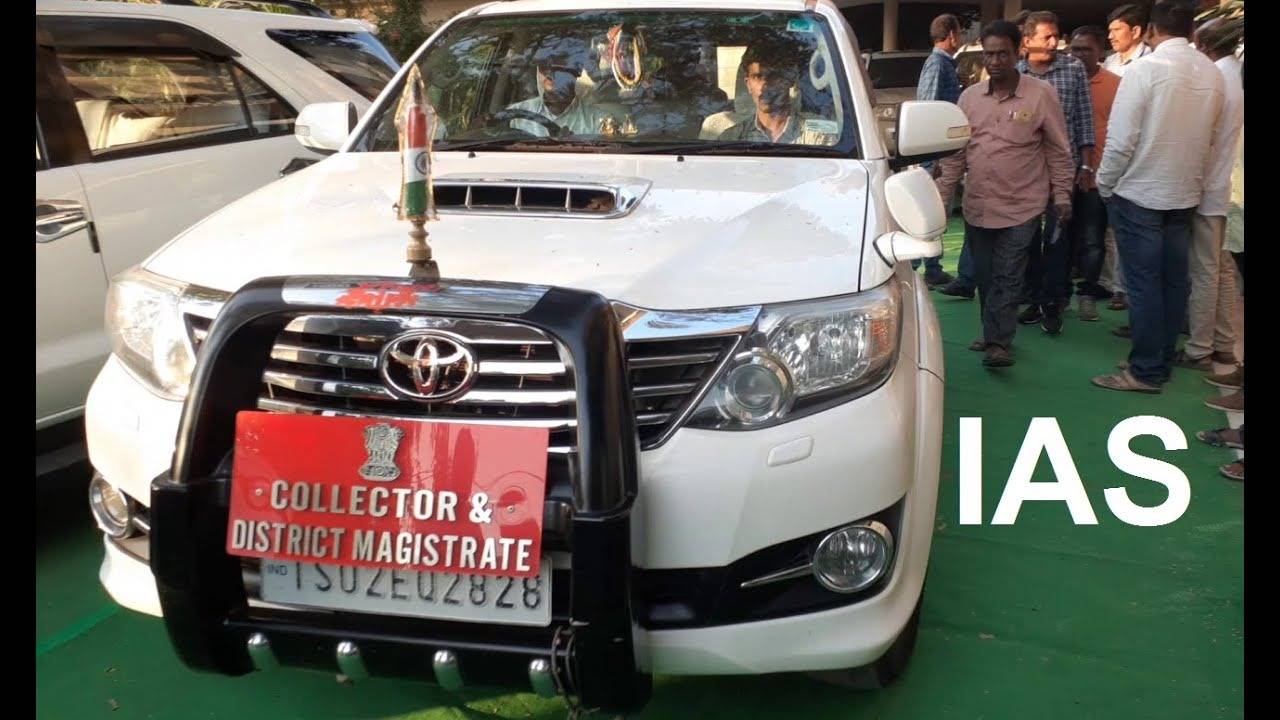Understanding the Roles of the Deputy Commissioner and District Collector: A Comparative Analysis
The distinction between a Deputy Commissioner and a District Collector is often blurred, leading to misconceptions about their roles. However, these positions hold significant differences in their responsibilities and authorities.
Dec 10, 2023, 13:10 IST

The distinction between a Deputy Commissioner and a District Collector is often blurred, leading to misconceptions about their roles. However, these positions hold significant differences in their responsibilities and authorities.

Core Differences
-
Hierarchy and Roles:
- A District Collector holds the highest rank in Revenue administration within a district.
- Conversely, a Deputy Commissioner is the administrative head of the district.
-
Accountability:
- The District Collector answers to the government through the Divisional Commissioner and Financial Commissioner in revenue matters.
- A Deputy Commissioner is accountable to the Divisional Commissioner and is the executive head of the district.
Roles and Responsibilities
-
District Collector's Responsibilities:
- Conducting revenue court, overseeing rehabilitation and relief projects.
- Managing land records and handling tax, irrigation dues, and excise duties collection.
- Holds the highest authority in the district when acting as the District Collector.
-
Deputy Commissioner's Scope of Duties:
- Serves as the executive head and can also perform the roles of District Collector and District Magistrate.
- Acts as the Returning Officer during Lok Sabha elections and manages the distribution of scarce essential commodities.
- Plays crucial roles in panchayats, zila parishads, market committees, and community development blocks.
Organizational Structure and Support
-
Deputy Commissioner's Team:
- Supported by officials like Additional Deputy Commissioner, Assistant Commissioners, Executive Magistrate, among others.
- Handles various departments and functions within the district.
-
District Collector's Assistance:
- Supported by the Additional District Collector or the District Revenue Officer (DRO), aided further by Deputy Collectors.
